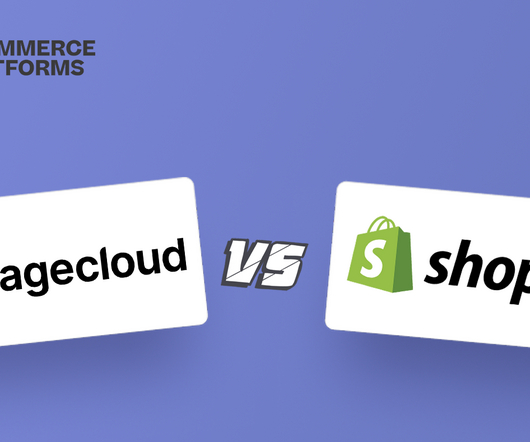7 Brands Discuss the Benefits of the New Cashless Economy and Apple Pay’s Growing Ubiquity
BigCommerce
MARCH 13, 2018
Technology is restructuring how money moves. Depending on who you want to believe, it’s estimated that since late-2014 more than 50% of all online purchases are made from mobile devices. From a historical standpoint, Apple Pay, was announced in 2014. This is the beginning of cryptocurrencies.?. 1998: PayPal is founded.?.













Let's personalize your content